Countries where forex trading is illegal. Belgium, North Korea, Iran, Sudan, Cuba, Syria, Libya, Belarus, Zimbabwe and Myanmar. In today’s interconnected world, forex trading has become a popular investment option for individuals looking to diversify their portfolio and earn some extra income.
With a daily trading volume of over $6 trillion, forex is the largest financial market in the world. However, while forex trading is legal in most countries, there are still some nations where it is strictly prohibited.
The reasons behind the prohibition vary from country to country, but the common thread is that these governments view forex trading as too risky or too speculative for their citizens.
Some countries, for instance, have outlawed forex trading due to concerns over money laundering and terrorism financing. Others have banned it because they believe it can lead to the destabilization of their domestic currency.
While many traders can easily circumvent these restrictions by trading with offshore brokers, doing so comes with its own set of risks. Trading with an unregulated broker exposes traders to the risk of fraud and loss of funds.
It also makes it difficult to resolve disputes, as there is no legal recourse available. In this article, we will take a closer look at the countries where forex trading is illegal and explore the reasons behind these restrictions.
We will also discuss the potential risks of trading with offshore brokers and provide some tips on how to stay safe while investing in the forex market. So buckle up and get ready for a fascinating journey through the world of Forex trading!
Also useful articles: Why is There Swap in Forex?

Countries where forex trading is allowed
The global foreign exchange (forex) market is the largest and most liquid financial market in the world, with daily trading volumes exceeding $6.6 trillion.
Forex trading involves the simultaneous buying of one currency and selling of another, and it’s a popular way for investors to diversify their portfolios, hedge against risks, or capitalize on market fluctuations.
However, not all countries allow forex trading. In this blog section, we’ll explore some countries where forex trading is allowed and regulated.
1. United States:
The US is home to a thriving forex market, with the Commodity Futures Trading Commission (CFTC) and the National Futures Association (NFA) responsible for regulating forex brokers. These organizations ensure that traders have a fair, transparent, and secure trading environment.
2. United Kingdom:
The UK boasts a well-established forex market, thanks to its historical financial prowess. The Financial Conduct Authority (FCA) regulates the forex industry in the UK, ensuring the protection of traders and maintaining the integrity of the market.
3. Australia:
The Australian Securities and Investments Commission (ASIC) oversees forex trading in Australia, with a focus on investor protection and maintaining a stable financial system.
4. Japan:
As the third-largest economy in the world, Japan has a flourishing forex market. The Financial Services Agency (FSA) and the Japanese Financial Intelligence Center (JAFIC) regulate the industry, ensuring a safe and transparent trading environment.
5. Singapore:
The Monetary Authority of Singapore (MAS) supervises forex trading in the city-state, providing a framework for fair and transparent market practices.
6. Canada:
In Canada, forex trading is regulated at the provincial level, with the Investment Industry Regulatory Organization of Canada (IIROC) as the national regulator.
Forex trading is allowed in many countries around the world, with proper regulation ensuring a secure and fair market for all participants.
However, it is crucial for traders to research and understand the rules and regulations of the country they wish to trade in before participating in the forex market.
The list of countries that allow forex trading:
- United States
- United Kingdom
- Italy
- Cyprus
- Australia
- Canada
- Japan
- Malta
- Indonesia
- Bulgaria
- Switzerland
- Romania
- Germany
- Most countries in Central and Eastern Europe
Also useful articles: Will Forex Trading Ever Stop?
Top pick
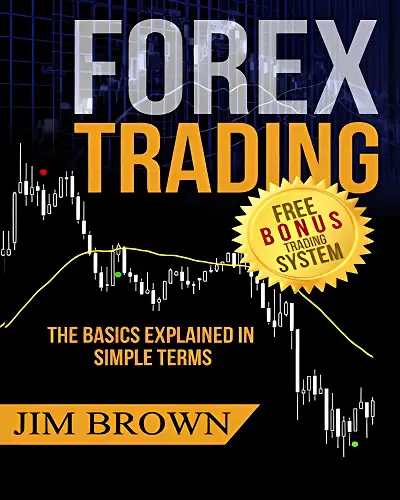
Editor’s choice
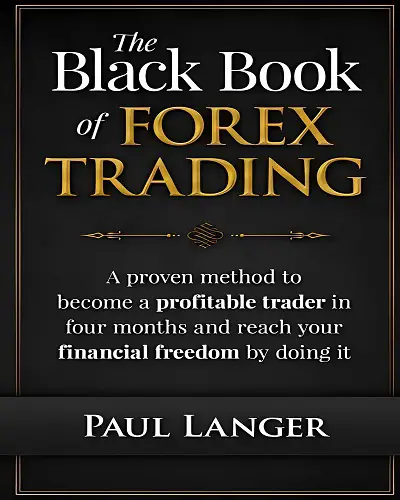
Best value
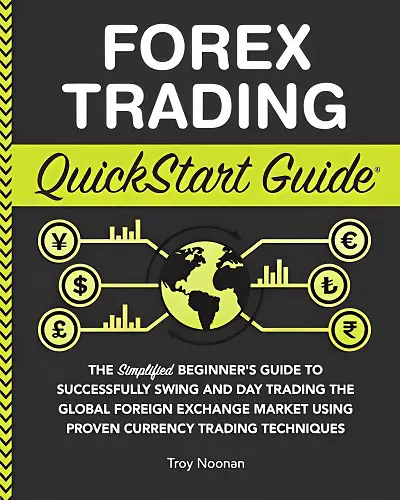
Countries where forex trading is restricted or banned
As the largest and most liquid financial market in the world, the foreign exchange (forex) market attracts millions of investors and traders worldwide.
However, not all countries are open to forex trading. In this article, we will explore the countries where forex trading is restricted, either through stringent regulations or outright bans.
1. North Korea – Forex trading is strictly prohibited in North Korea due to the country’s isolated economic policies and limited access to international financial markets.
2. Iran – Despite recent attempts to reintegrate into the global financial system, Iran still faces numerous sanctions that hinder forex trading. Access to forex platforms is limited, and trading in foreign currencies is highly regulated by the government.
3. Sudan – Political instability and economic sanctions have made it difficult for Sudanese citizens to participate in forex trading. Access to forex platforms is restricted, and there are severe limitations on international financial transactions.
4. Cuba – The Cuban government maintains tight control over its economy, including foreign exchange transactions. Forex trading is highly restricted and heavily regulated by the Central Bank of Cuba.
5. Syria – Ongoing conflict and international sanctions have severely disrupted the Syrian economy, making forex trading virtually impossible for residents. The government tightly controls foreign exchange transactions, and access to international forex platforms is restricted.
6. Libya – Political turmoil and economic sanctions have significantly impacted Libya’s financial sector. Forex trading is severely restricted, and access to international forex platforms is limited.
7. Belarus – While not entirely banned, forex trading in Belarus is subject to strict regulations. The government requires all forex brokers to be licensed by the National Bank of the Republic of Belarus, limiting the number of available platforms for residents.
8. Zimbabwe – Due to hyperinflation and an unstable currency, forex trading in Zimbabwe is heavily regulated. Residents face significant challenges in accessing international forex platforms, and trading in foreign currencies is strictly controlled by the government.
10. Myanmar – Forex trading is not officially banned in Myanmar, but it is highly restricted due to strict financial regulations. Access to international forex platforms is limited, and the Central Bank of Myanmar closely monitors foreign exchange transactions.
While forex trading may be restricted or heavily regulated in these countries, it is crucial to remember that the situation can change rapidly.
Before engaging in forex trading, always ensure you understand the specific regulations in your country of residence and consult with a professional financial advisor to make informed decisions.
Also useful articles: Create Your Own Forex Robot
Countries where forex trading is restricted but not banned:
- China
- Nigeria
- South Africa
- Russia
- Ukraine
- Egypt
Countries where forex trading is banned:
- India
- Belgium
- North Korea
- Malaysia
- France
- Bosnia
- Herzegovina
- Israel
- Countries with strict Sharia laws such as Pakistan

Why do some countries ban forex?
Forex, or foreign exchange, is the global market where currencies are traded. With a daily trading volume of over $6 trillion, it is the largest financial market in the world.
However, despite its vast size and popularity, forex trading is banned in some countries. In this blog post, we will explore the reasons behind these bans and the implications for traders and the global economy.
1. Regulatory concerns:
One of the main reasons why some countries ban forex trading is due to regulatory concerns. Forex trading involves a high level of risk, and the lack of proper regulation can lead to significant financial losses for investors.
In some cases, governments may not have the necessary infrastructure or expertise to effectively regulate the forex market. As a result, they may choose to ban forex trading altogether to protect their citizens from potential financial harm.
2. Economic stability:
Another reason why countries may ban forex is to maintain economic stability. In some nations, particularly those with weak or unstable currencies, allowing unrestricted forex trading can lead to rapid currency devaluation.
This can lead to a host of economic problems, including hyperinflation, capital flight, and reduced foreign investment.
By banning forex, these countries aim to preserve the value of their domestic currency and protect their economy from external shocks.
3. Capital controls:
In an effort to control the flow of capital in and out of their borders, some countries may impose restrictions on forex trading.
Capital controls are measures used to regulate the movement of money, and they can include limitations on currency conversion, foreign investment, and overseas remittances.
Countries with strict capital controls may ban forex trading to prevent the circumvention of these regulations and maintain control over their financial systems.
4. Fraud and money laundering:
The forex market, with its decentralized nature and high trading volumes, can sometimes be a breeding ground for fraudulent activities and money laundering.
In countries where regulation is weak or non-existent, forex trading can become a conduit for illegal activities.
To combat this, some governments may choose to ban forex trading to protect their financial systems and citizens from fraud and money laundering.
While the forex market offers numerous opportunities for traders and investors, it is not without its risks and challenges.
Some countries ban forex trading to protect their citizens, maintain economic stability, enforce capital controls, and combat fraud and money laundering.
It is crucial for traders to be aware of the legal landscape in their country of residence and ensure they comply with all relevant regulations when participating in the forex market.
Also useful articles: Accounting for Foreign Exchange Swap
Top pick
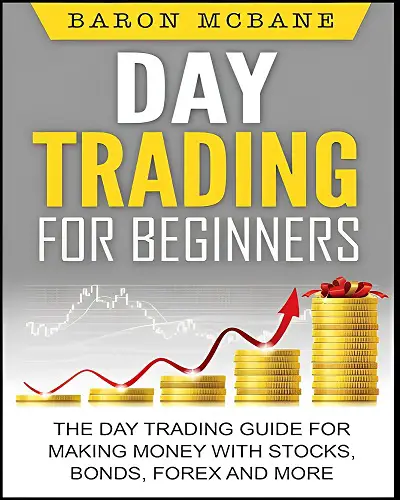
Editor’s choice

Best value
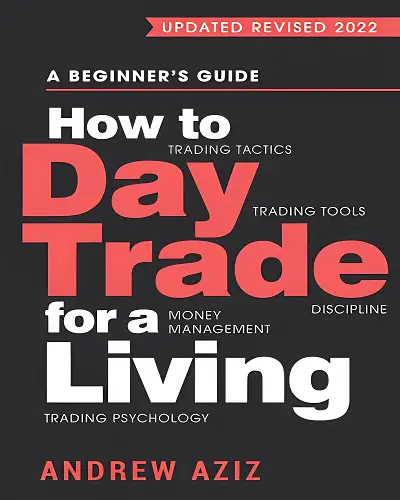
The effect of forex on country economy
The foreign exchange market, or forex, is a global marketplace where currencies are traded. As an essential facet of international trade and investment, forex plays a vital role in a country’s economic growth and stability.
In this blog post, we will explore the effects of forex on a country’s economy, touching on areas such as trade balance, inflation, interest rates, and economic growth.
First and foremost, forex has a direct impact on a country’s trade balance. The trade balance is the difference between a nation’s exports and imports.
If a currency is strong, it makes the country’s products more expensive for foreign buyers, reducing exports and potentially leading to a trade deficit.
Conversely, a weak currency makes imports more expensive, encouraging consumers to buy domestic products and boosting exports. By influencing a country’s trade balance, forex can significantly impact its overall economic health.
Another key area where forex affects a country’s economy is inflation. Inflation occurs when the general price level of goods and services rises, decreasing the purchasing power of money. A country’s exchange rate can either exacerbate or mitigate inflationary pressures.
A strong currency makes imported goods cheaper, helping to keep inflation in check. On the other hand, a weak currency makes imports more expensive, which can lead to higher inflation as the cost of goods rises.
Central banks often intervene in the forex market to maintain exchange rate stability and control inflation. Interest rates are another crucial aspect of the economy that is influenced by forex.
Central banks adjust interest rates to manage inflation, economic growth, and exchange rates. When a central bank raises interest rates, it typically leads to a stronger currency as foreign investors are attracted by higher returns on their investments.
This can slow down inflation, but may also reduce economic growth as higher interest rates make borrowing more expensive. Conversely, lower interest rates can lead to a weaker currency, stimulating growth but potentially increasing inflation.
Lastly, forex has a significant impact on a country’s overall economic growth. A stable and competitive exchange rate can encourage foreign direct investment (FDI) and boost domestic industries.
FDI can bring capital, technology, and expertise to a country, which can lead to job creation and economic development.
Furthermore, a competitive exchange rate can help domestic industries compete on the global stage, fostering innovation and long-term growth.
Forex plays a crucial role in shaping a country’s economic landscape. By affecting trade balance, inflation, interest rates, and economic growth, forex can either propel a nation towards prosperity or hinder its progress.
Policymakers and central banks must carefully navigate the complex world of forex to ensure a stable and thriving economy for their citizens.
Also useful articles: Download Forex Profit Supreme

Africa as a continent accepted forex all over
The African continent has experienced rapid economic growth in recent years, and one sector that has played a significant role in this growth is the foreign exchange (forex) market.
Forex trading is the buying and selling of currencies with the aim of making a profit. It is a global market that operates 24 hours a day, five days a week, and is estimated to have a daily turnover of over $6.6 trillion.
African countries have embraced forex trading and have become major players in the market.
Forex brokers are now offering their services in African countries, and many Africans are taking advantage of the opportunities presented by forex trading.
The continent is now home to many successful forex traders who have made substantial profits from trading in the market. Forex trading has also played a crucial role in the development of the African economy.
Many forex traders use their profits to invest in other sectors of the economy, such as real estate, agriculture, and technology, which have helped to create employment opportunities and boost economic growth.
However, forex trading is not without its risks. Many Africans have fallen victim to fraudulent forex brokers who promise huge profits but end up scamming their clients.
It is therefore essential for anyone interested in forex trading to do their research and choose a reputable broker. Africa has accepted forex trading as a viable means of making money and contributing to economic growth.
However, caution must be exercised to avoid falling prey to fraudulent schemes. With the right knowledge and approach, forex trading can be a profitable venture for Africans.
Also useful articles: Forex Trading Basics Rules
Why some muslim countries consider forex haram?
Forex trading, also known as foreign exchange trading, is the largest and most liquid financial market in the world. It involves buying and selling different currencies with the aim of making a profit.
However, some Muslim countries consider Forex trading as haram or forbidden under Islamic law. The primary reason for this is the belief that Forex trading involves interest or Riba, which is considered haram in Islam.
Islamic law prohibits the payment or receipt of interest, as it is seen as exploitative and unjust. In Forex trading, interest is charged on positions that are held open overnight, which is known as swap or rollover interest.
Furthermore, there are concerns about the speculative nature of Forex trading, which involves taking high risks with the aim of making a profit.
Islamic law encourages economic activities that are productive and contribute to the well-being of society, rather than engaging in speculative activities that have no real benefit.
Despite these concerns, some Muslim scholars argue that Forex trading can be permissible under certain conditions.
For example, they suggest that Forex trading can be allowed if it is done on a spot basis, meaning that the transaction is settled immediately, without any delay or interest charges.
The issue of whether Forex trading is haram or halal in Islam is a complex and controversial one.
While some Muslim countries consider it haram due to concerns about interest and speculation, others argue that it can be permissible under certain conditions.
It is important for Muslims who are interested in Forex trading to seek guidance from qualified Islamic scholars to ensure that their activities are in compliance with Islamic law.
Also useful articles: Setting Up Your Own Forex Brokerage

FAQ
1. Where is forex forbidden?
Forex trading is forbidden in some countries including North Korea, Iran, Syria, and several other nations where their governments prohibit foreign exchange activities.
2. Is forex forbidden in USA?
Forex trading is not forbidden in the USA, but it’s regulated by the CFTC and SEC, and traders must comply with strict guidelines to operate legally.
3. Is forex trading legal in Russia?
Forex trading is legal in Russia, and it’s regulated by the Central Bank of Russia, which requires brokers to obtain a license to operate in the country.
4. Is trading forex illegal in China?
Is forex trading illegal in China? Explore China’s forex regulations, restrictions & potential consequences for unauthorized trading.
Final thought
In conclusion, Forex trading has become a popular way for investors to make profits by trading currencies across the world. However, some countries have decided to ban Forex trading due to various reasons, such as regulatory concerns, high risk of fraud, and protecting their own currencies.
While some may view these bans as limiting investment opportunities, it is important to remember that the laws and regulations put in place by these countries are there to protect their citizens and prevent them from falling victim to fraudulent schemes.
Therefore, before engaging in Forex trading, it is crucial to understand the regulations and laws of the country in which you reside or plan to trade in.
As the saying goes, “Ignorance of the law is no excuse,” and violating these laws can lead to serious legal consequences.
In the end, Forex trading can be a lucrative investment option, but it is essential to conduct thorough research and understand the laws and regulations of the country in which you plan to trade.
By doing so, you can mitigate risks and make informed decisions, ultimately leading to successful investments.
Also useful articles: How do I Start a Forex Brokerage










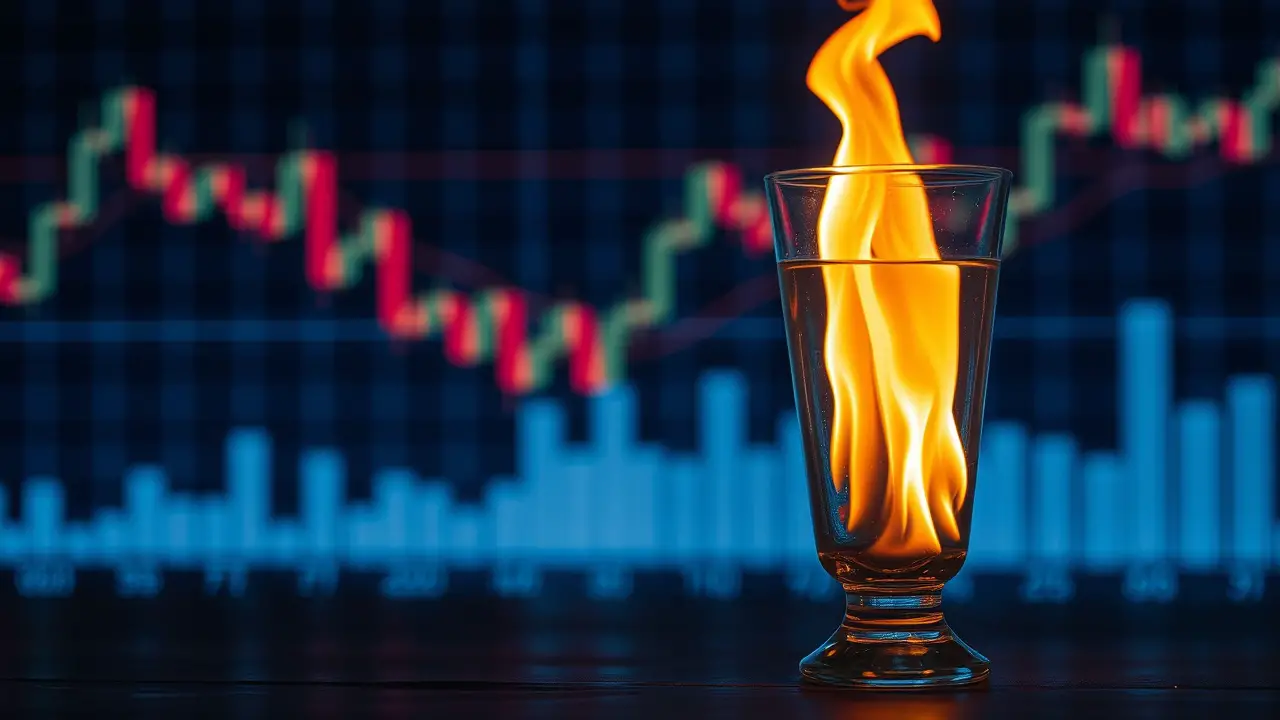

Leave a Reply